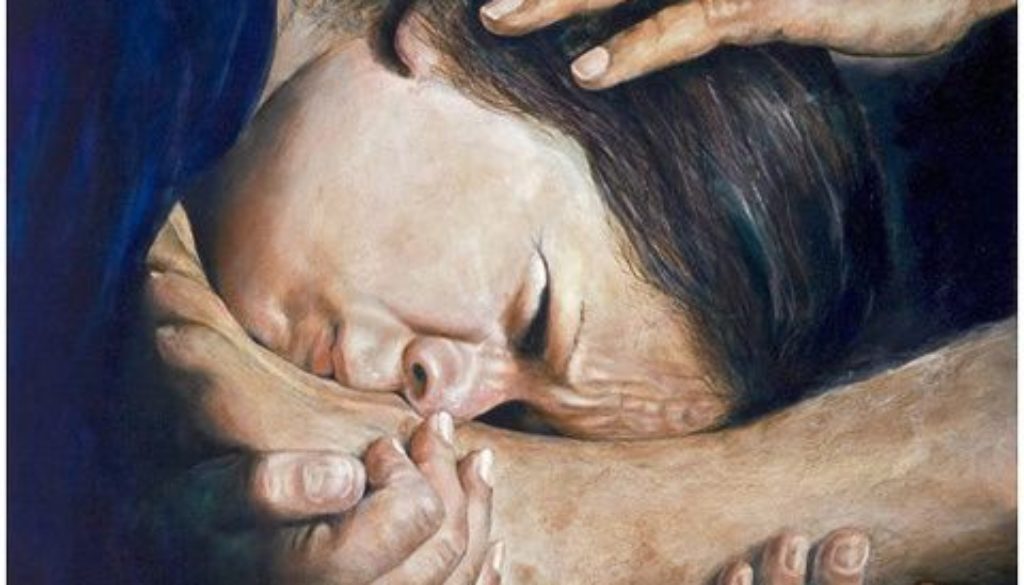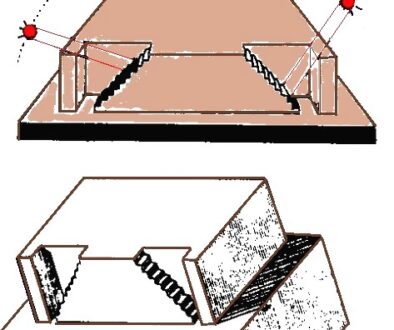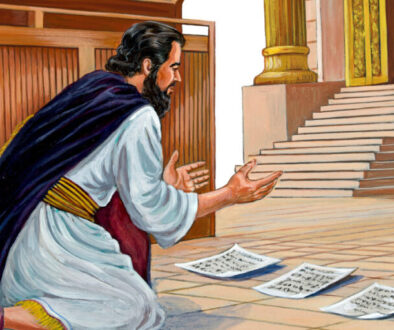Luke 7:36-50 Forgiven Little, Loves Little

Luke brings us the story of Jesus’ anointing. I’m not sure why Luke chooses to bring us this story now. Maybe it is because he is going to talk about the women accompanying Jesus next. I’ll leave the “why now” to the Holy Spirit and simply go with the flow.
The woman in our story comes into the Pharisee’s house where Jesus is eating dinner. Luke shares with us his name but not our woman. John tells us she was Mary, Lazarus’ sister, IF these are the same events. That is a debate that bible scholars have been engaged in for some time. IF they are not the same event, then Luke’s inclusion of it here may be due to chronology. Either way, this woman will receive more than she gave in this encounter.
Jesus is eating at the home of a Pharisee named Simon when a woman who was known by reputation came in. Simon knew her to be a sinful woman. He doesn’t specify what her sin is but it must be pretty big considering Jesus’ question to Simon.
IF we are talking about the same event, Matthew and Mark tell us Simon used to be a leper. Lepers were “unclean” and the belief was that any disease or calamity that befell you was the result of sin; therefor leprosy was a result of sin. Simon was therefore also considered sinful because he had had leprosy. But Simon is not thinking of his past when he looks at this woman, only hers.
Simon doesn’t jump up and condemn this woman outright, but does so in his heart. He also condemns Jesus for letting her touch Him. Apparently Simon would never have allowed this woman to touch him! In Simon’s condemnation of Jesus he also doubts Who Jesus is. Simon reasons the He must not really be a prophet because He doesn’t perceive this woman’s sinful nature.
Surprise Simon! Jesus did know her nature. He also knew the nature of EVERYONE in the room, including Simon. Jesus knew Simon’s sin too. Without Simon even stating his thoughts, Jesus proves to Simon, and all those present, that He does perceive the heart’s condition.
Jesus tells Simon a story that he can relate to. It is a simple story and focuses on something very familiar to Simon; money. Simon is a rich man and can easily relate to this concept. As a ruler Simon can also relate the toe concept of servants and a king. So this is what Jesus uses to get Simon to where He wants him to be.
Once Simon answers Jesus’ question of who would be the most grateful, the one whose loan forgiveness was little or the one whose was bit, then He can bring His point back to Simon’s judgement of the woman. He could also address Simon’s behavior towards Him.
As a prophet Simon should have been showing Jesus honor. If this Simon was the one Jesus had healed of leprosy he should have been falling all over himself trying to thank Jesus for his gift of healing AND forgiveness. But instead he was taking shortcuts in his treatment of his honored guests. It was customary for the host to offer foot washing services to his guests, especially those of great importance. But Jesus was offered no such service. He didn’t even mention this slight to Simon at the time. He simply sat down with the rest of the guests and enjoyed the meal. Jesus probably never would have even brought up the issue, except for Simon’s behavior towards the woman.
“Simon, you didn’t even give Me water to wash My own feet, yet this woman is washing them with her tears and drying them with her hair. What does this say to you about her love towards Me? What does you behavior say about YOUR love for Me in comparison? Yes, she has sinned much in her life, but YOU also have sinned. You BOTH are forgiven of your sins. She is COMPLETELY clean now, just like you. Do not judge her as sinful again.” Then Jesus gives this woman the one thing her heart desires; confirmation of her forgiveness. “Your sins are forgiven” (verse 48).
The people at the table were astonished by Jesus’ proclamation. Some were probably angry at Jesus for “usurping” God’s authority while others were probably grateful. “How dare He equate Himself with God!” v “Thank You! Please forgive my sins too.”
Jesus ads one more comment to the woman; “Your faith has saved you; go in peace” (verse 50). I would dare to say at this point she picked up her perfume and left. When she left her heart was soaring! She was free! Jesus said so.
I want to look at her attitude when she rendered Jesus this amazing service. Did she come in as a sinful woman seeking salvation? Were her tears those of shame? Were they tears of thanksgiving? Were they tears of a breaking heart pleading for healing? Or were they tears of praise? Did she know she was already forgiven or did she receive it there at Jesus’ feet? Was she serving Jesus in hopes of Him freeing her? Was this her first encounter with Him? Did she come like the woman with the issue of blood, saying “If I can but touch Him I know I will be made whole”? Was this the faith that Jesus was commending her for?
However she came and wherever her tears sprang from, Jesus counted her actions as a service of love. She loved extravagantly. And Jesus loved her just as much in return. His return of her love began at the table but completed at the cross. Her sins were among the many that He carried willingly that day. THAT is why He could say “Your sins are forgiven.” He paid for that right with His very blood.
Thank You Jesus for Your extravagant and amazing love! I am totally undone without it. I know I can never adequately demonstrate how grateful I am. If I were to use the measure of this woman’s acts I would need to bathe You head to toe in my tears. Probably the same kind of tears I believe Nicodemus and Joseph of Arimathea shed while wrapping Your body in the spice laden linen.
Thank You that You see our hearts, not only as they are at the moment, but as complete in Your plans. You see me as Your daughter and what I can be in You. Thank You for washing me DAILY so I can walk the paths You have prepared for me. Thank You for washing me fully and then keeping my feet clean on our journey. I love You and want to make You proud of me. I never want You to regret offering me Your salvation.




